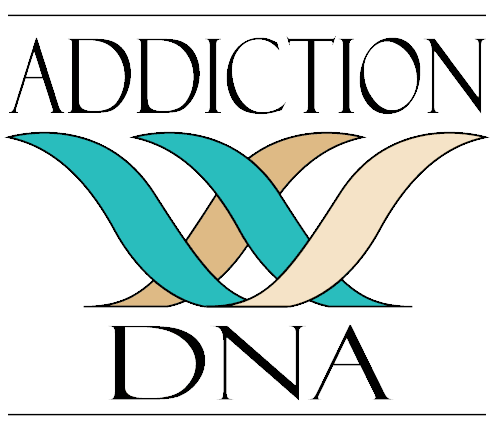Reward Deficiency Syndrome
Reward Deficiency Syndrome or RDS is brain disorder characterized by a clinically significant deficiency of the essential neurotransmitter--Dopamine in the brain's Reward Center, specifically the midbrain and prefrontal cortex. It is primarily acquired genetically but can also result from prolonged stress. Dr Kenneth Blum, professor and renowned expert in neuroscience and psychopharmacology from the University of Texas and, the Western University Health Sciences Graduate School of Biosciences, and most recently the Chairman of Board & Chief Scientific Officer of Geneus Health, has been able to use this science and research to make remarkable breakthroughs in our understanding of Addictive Disease and Behavioral Medicine.
Why is dopamine so essential?
Dopamine mediates how we experience pleasure, reward, joy and contentment. Dopamine ascribes "salience" to behaviors directly connected to our species centered survival drive, e.g., eating, hydration and copulation, to name a few. Recent research shows that perhaps as many as 30% of the US population have a genetically acquired “dopamine deficiency” --and thus, are at increased “risk” for developing addictive disease, or other debilitating brain disorders including: depression, anxiety disorder, ADHD, stress related disorders. sexual compulsions, pathological gambling, hedonic overeating, obesity, and more.
How do you know if you have RDS?
If you've inherited a number of gene variations for dopamine deficiency--and are exposed to a substance or engaged in a behavior that elevates your dopamine level, particularly during a time of stress or sadness, you will feel a lot better—at least for a little while. You may even conclude that you had found the solution to stress, boredom, bad feelings, bad days, and difficult people. Of course, the relief is only temporary, but learning how to change your mood artificially--if just for a little while, is a tell-tale sign of RDS. Self-medication with substances or behaviors is a big and very important step towards addictive disease.
The persistent use of drugs and/or alcohol may also create reward deficits in the brain. All drugs of abuse artificially spike the brain’s dopamine level which results in chemically induced "high" that far exceeds what one could attain naturally. But what goes up--must come down. Unlike natural rewards, after a drug or alcohol induced high, dopamine levels become deficit. So, the more someone uses a mood-altering substance or engages in an addictive behavior to feel better, the worse they actually feel-- which is the neurobiological result.
Normally, sustained abstinence is necessary before the individual’s brain can replenish dopamine levels and function properly. In fact for opioids it takes about three years to return to normal. But a deficit in dopamine is no small thing. It creates "Anhedonia", or the inability to feel happy, contented and appreciate natural rewards and beauty. For many, abstinence alone may not be enough, depending on their circumstances-- such as stress, poor social support, and numerous other social and environmental variants. As a result, relapse is more common than not.
RDS is an important advance in how we conceptualize and treat Substance Use Disorders, Depression, Anxiety, Stress disorders, Problems with Attention and Focus, Overeating, Obesity, Gaming to name a few. RDS has also opened the door for new and novel treatments by reframing the question much more broadly. Simply stated: What do all the disorders have in common? The answer is Dopamine Deficits in critical areas of the brain. Whereas traditional treatment modalities such as medication, psychotherapy, and social support, remain the mainstay for most people, they are by design, symptom reduction strategies. However, RDS has illuminated numerous new and novel treatment approaches such as precision brain gene variation matched neuronutrient pro-dopamine regulator therapy (restoreGen™). Many peer reviewed clinical trials over the past decade have produced statistically significant reduction of symptoms associated with RDS. But there is emerging evidence that over time, a permanent stabilization of dopamine reward can be attained. The genetic profile of the individual, which until now, has been unattainable for the general population, is paramount to understanding who will benefit from specific pharmacological treatment, and potentially achieve Dopamine Reward Stability.
This is where the patented GENETIC ADDICTION RISK SCORE (GARS™) test will have a major impact. Backed by nearly 40 years of research, development, Geneus Health has created GARS™ test (a simple cheek cell swab) to help people understand their specific genetic profile and risk for RDS. Do Not Misunderstand the word "ADDICTION" in the GARS name. All the disorders under the RDS umbrella share common etiology (cause) and psychopathology (biological abnormalities).
